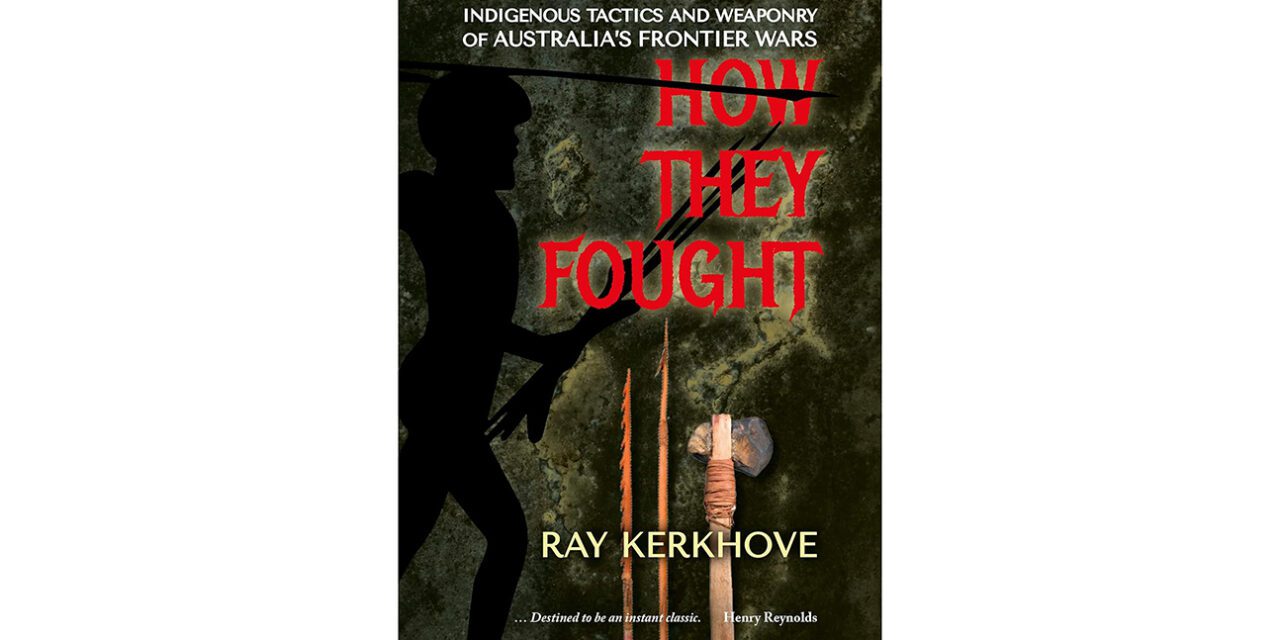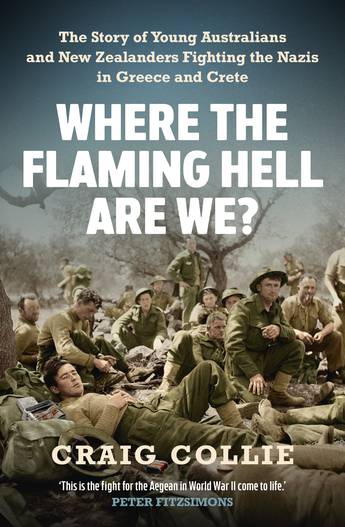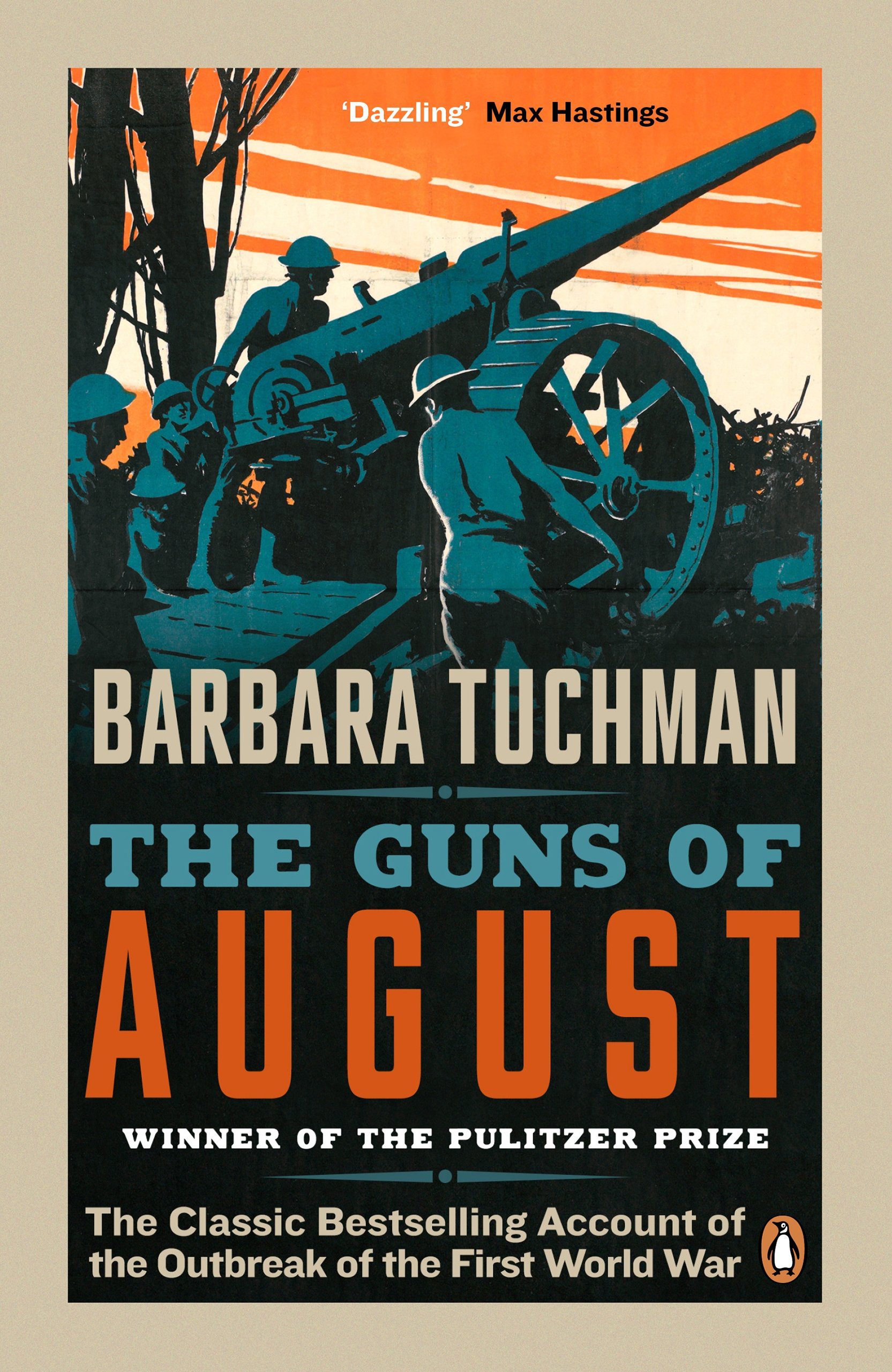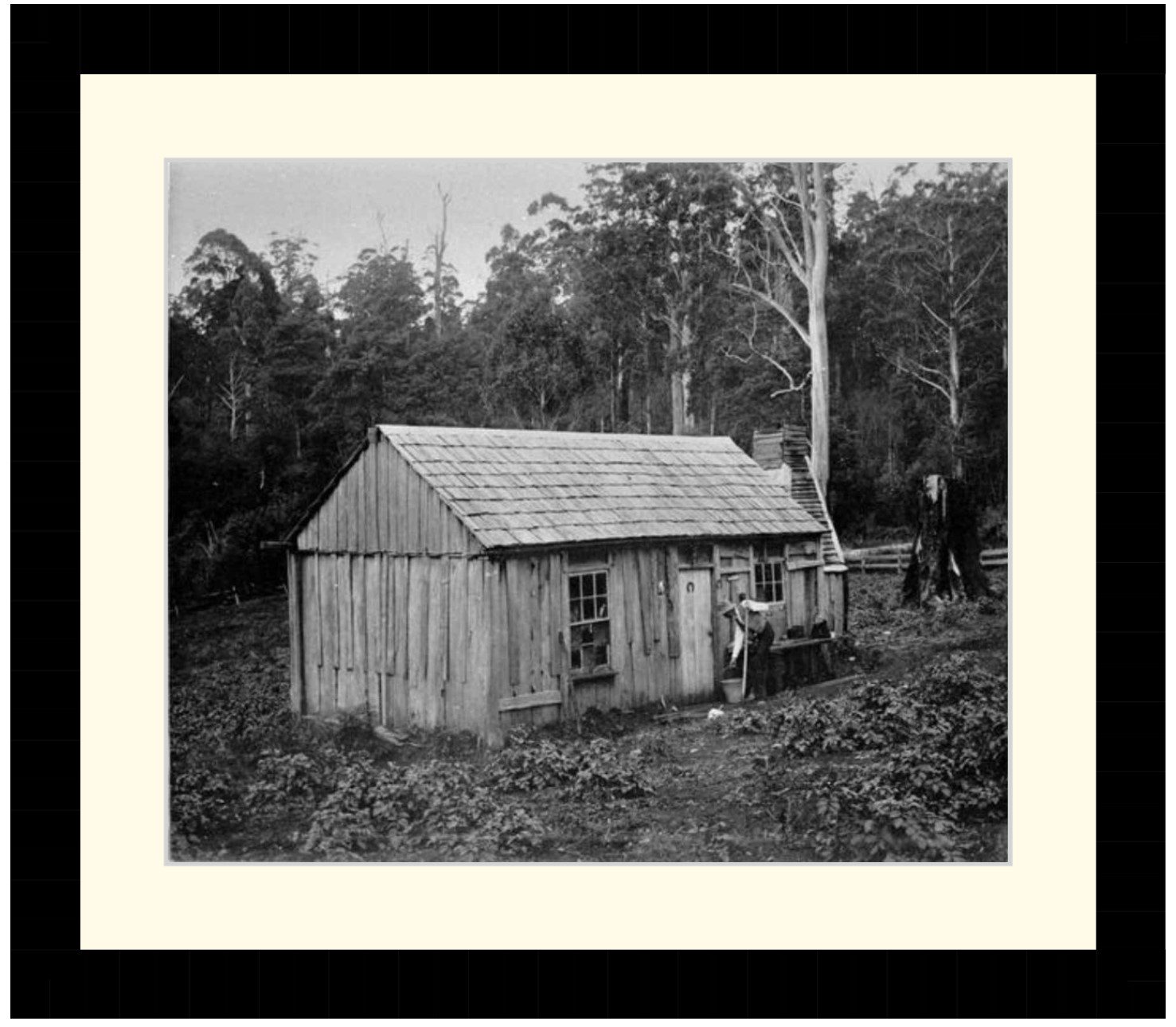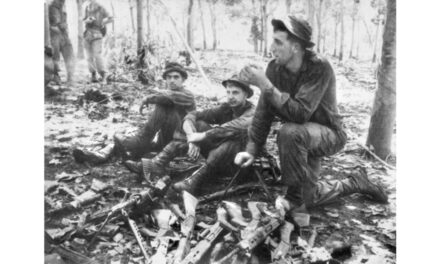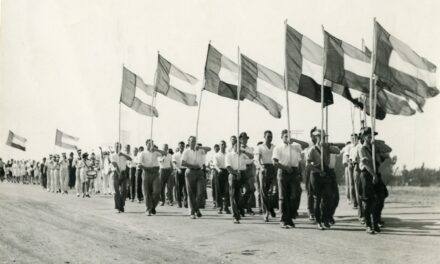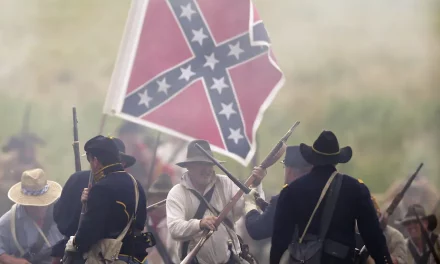Reading time: 3 minutes
This is an excellent and much needed book. It examines the military aspects of the Australian Frontier Wars from an Aboriginal perspective, detailing the tactics, strategy, logistics and weapons Aboriginal people employed to resist European encroachment on their land. Covering several campaigns across different areas and time periods, it details both successes and failures of the Aboriginal military forces. Some of its most interesting conclusions reflect the extent to which Aboriginal resistance slowed and impeded the encroachment of European settlement across Australia.
By David Phillipson
University of Southern Queensland associate adjunct professor Ray Kerkhove builds on his previous work Mapping Frontier Conflict in South-East Queensland and The Battle of One Tree Hill, co-authored with Frank Uhr. Over the past decade he has examined hundreds of reports of individual skirmishes and battles on the Australian Frontier from newspapers, diaries, memoirs and documents. He also used the anthropological and archaeological record to study what warfare in Australia looked like prior to the arrival of Europeans.
Divided into chapters that provide detailed studies of weapons, small unit tactics, the organisation of military units by individual tribes and wider coalitions, intelligence, command and control, communications, logistics, training and broad strategy, the book looks at the conflict through an explicitly military lens. This contrasts with the prevailing narrative that Aboriginal people were mostly passive victims of massacre and disease.
The book’s many illustrations, maps and diagrams make the concepts easier to understand and visualise. There are several very useful tables with details of different battles and the use of particular tactics. The very extensive references and footnotes provide much further reading as well as an insight into the very significant evidence base Kerkhove used to create the book.
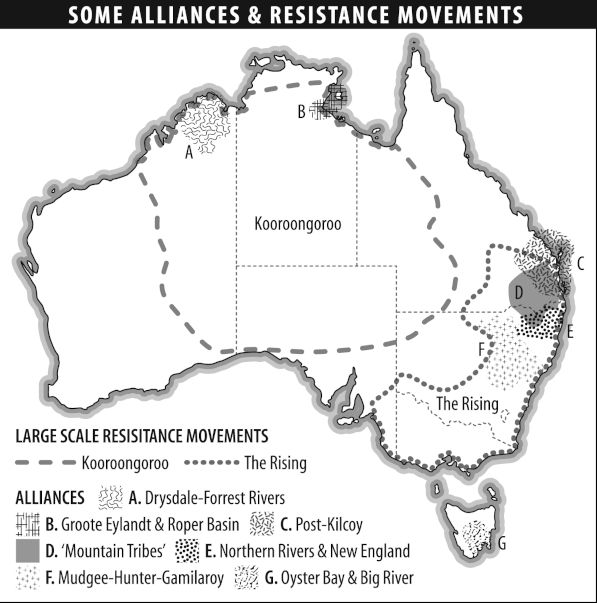
Kerkhove provides a good number of comparisons between the Australian experience of Frontier war and that of other indigenous people across the globe. I found the comparisons to the North American Frontier conflicts and the Zulu wars to be particularly interesting.
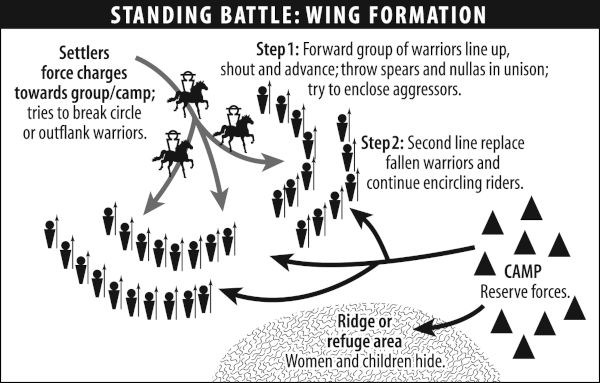
Kerkhove has created a book that is both an interesting and compelling read, as well as immediately becoming the reference for the military aspects of the Australian Frontier Wars. The structure of the book lends itself well to this role, allowing you to quickly refer to any topic. This is a book that will both broaden and deepen your understanding of the Australian Frontier Wars.
Podcasts about Aboriginal Resistance
Articles you may also like

Putin’s failure to learn from history has led to Russian quagmire in Ukraine
Reading time: 4 minutes
As the Russo-Ukraine conflict continues with no resolution in sight, we are painfully reminded of not only the horror of war, but also how often major powers’ interventionism, for whatever objective, hasn’t paid off. These powers have repeatedly failed to learn from the futility of their past adventures to avoid future ones. Counterproductivity has often become the hallmark of their efforts.
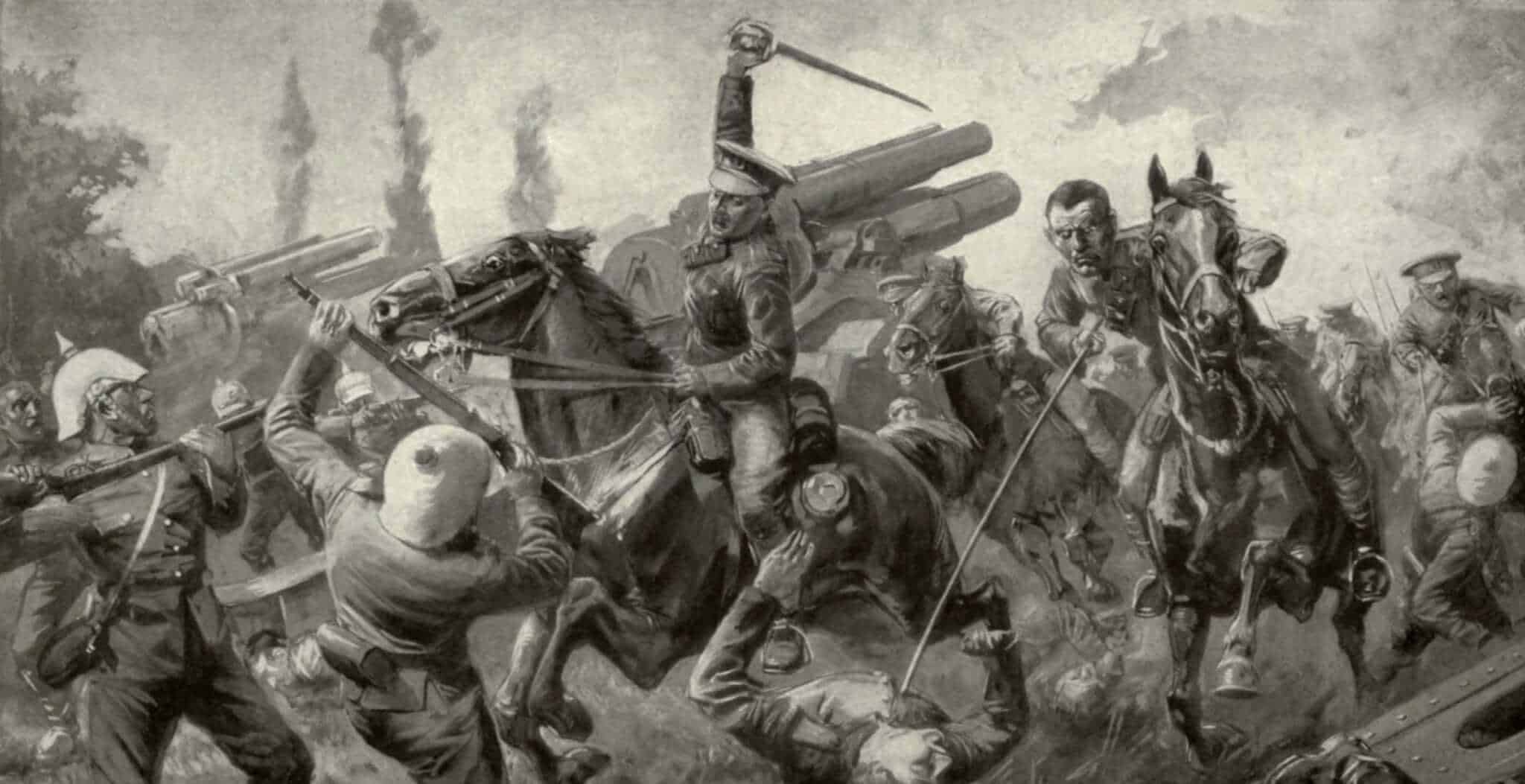
First World War Centenary Prose Collection Vol. I – Audiobook
FIRST WORLD WAR CENTENARY PROSE COLLECTION VOL. I – AUDIOBOOK By Various This collection of non-fiction and fiction, with its companion poetry collection, commemorates the outbreak of the First World War on 28th July 1914. The majority of the items, all chosen by the readers, are in English, but the collection also includes pieces in Dutch, […]
The text of this article was commissioned by History Guild as part of our work to improve historical literacy. If you would like to reproduce it please get in touch via this form.

